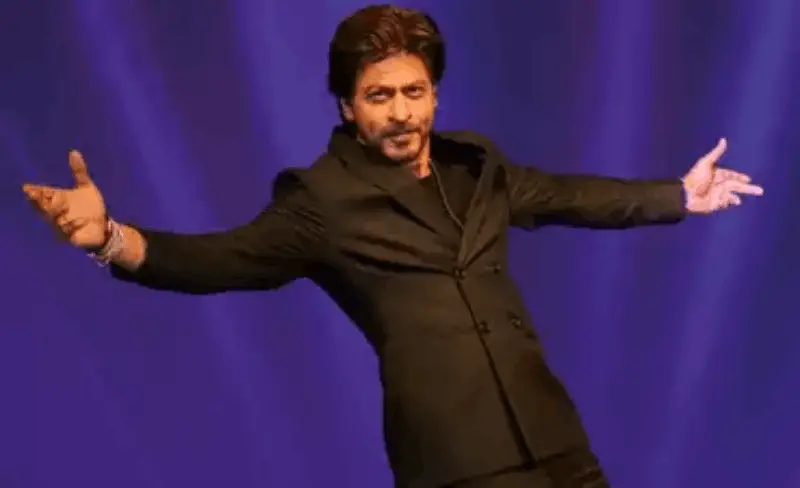
India Has Not Explored The Horror Genre In Its Truest Form: Filmmaker Sapna Bhavnani
NEW DELHI, (IANS) –When celebrity hairstylist-turned-filmmaker, Sapna Bhavnani, first wrote a horror story ‘Bearlike Man’ that was selected at BIFAN (Korea), the largest genre festival in Asia, she found herself to be the first Indian woman director to be on the platform ever.
“We were practically non-existent in that space. Over the three decades I looked at, 9.9 per cent of directors were women. Horror comes with just 5.9 per cent of directors being women and Sci-fi – 2.8 per cent. I find this statistic offensive. Wench 2022 showcased 47 horror /sci-fi/fantasy films — 43 of them directed by women,” she says.
Believing that India has not really explored horror in its truest potential or form, the filmmaker feels there is no better medium to highlight social change than this genre.
“And there are so many different ways to make them instead of the cliche knee-jerk horror that we all know of,” she asserts.
Talk to her about the fact that most horror movies from India tend to make the audience laugh, and she says it is high time that we move beyond.
“‘Tumbbad’ changed the game, but no one followed that. We have a lot to grow and hope that in the next few years, we can be on the whole platform since our background lends to this format so naturally. India is a country of many religions, and each has its own superstitions and rituals. When I hear Indians saying they do not like horror, I laugh as we are the land of spirituality which starts with spirit.”
While the festival did have films like ‘My Dog is Sick’ (directed by Bhavnani) and ‘Bodies of Desire’ (Varsha Panikar) last year, since it was mainly online, they did not publicize the BIWOC, LGBTQ+Woman, and Non-Binary angle.
However, this time, besides having a diverse team — Gaysi Family has been roped in as their community outreach partner.
“This is super for any festival that is attempting to be inclusive — to have community outreach partners who share your commitment to diversity. A diverse selection committee is also crucial in curating films and stories,” concludes Bhavnani.




